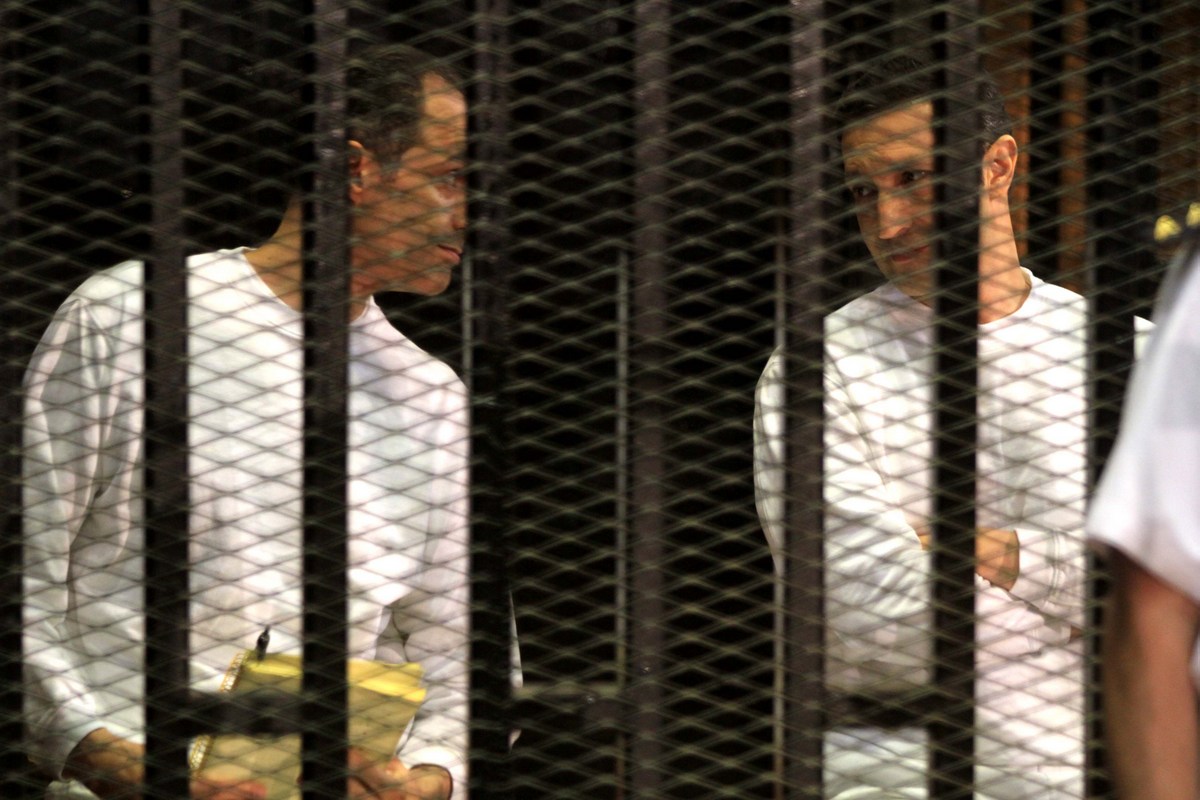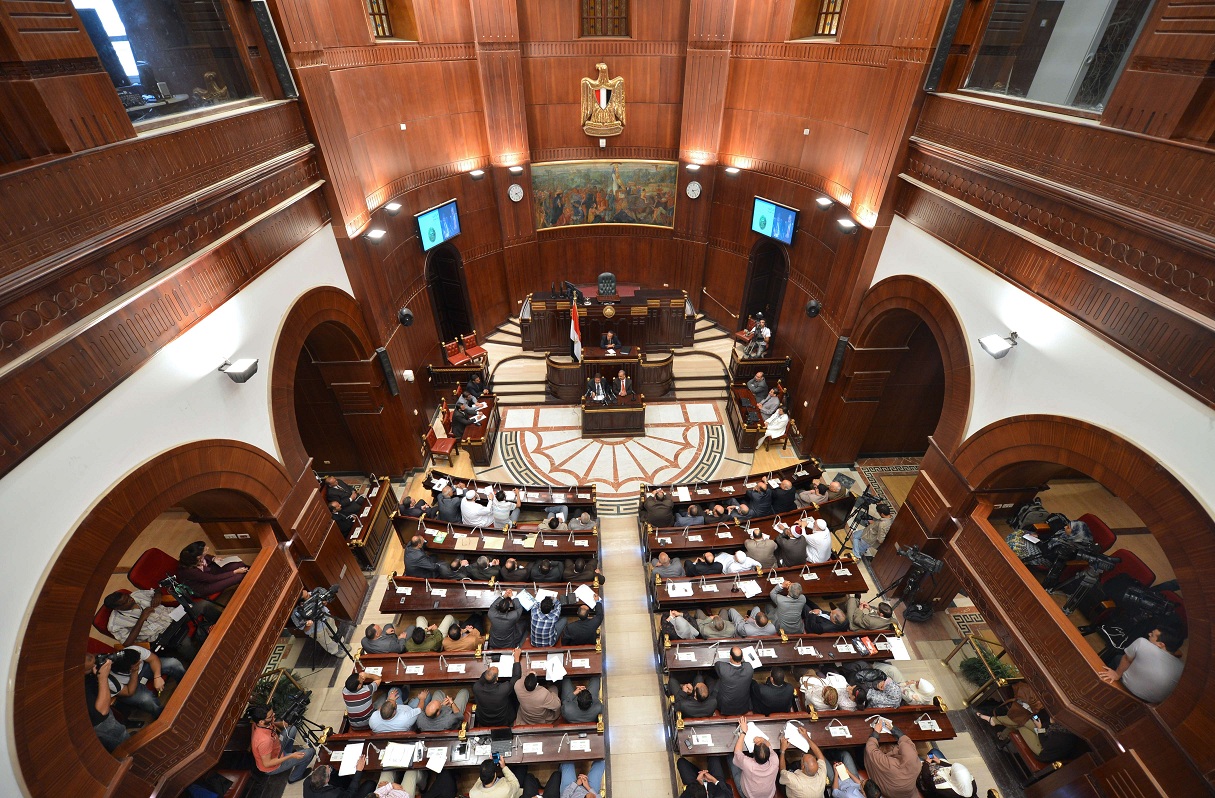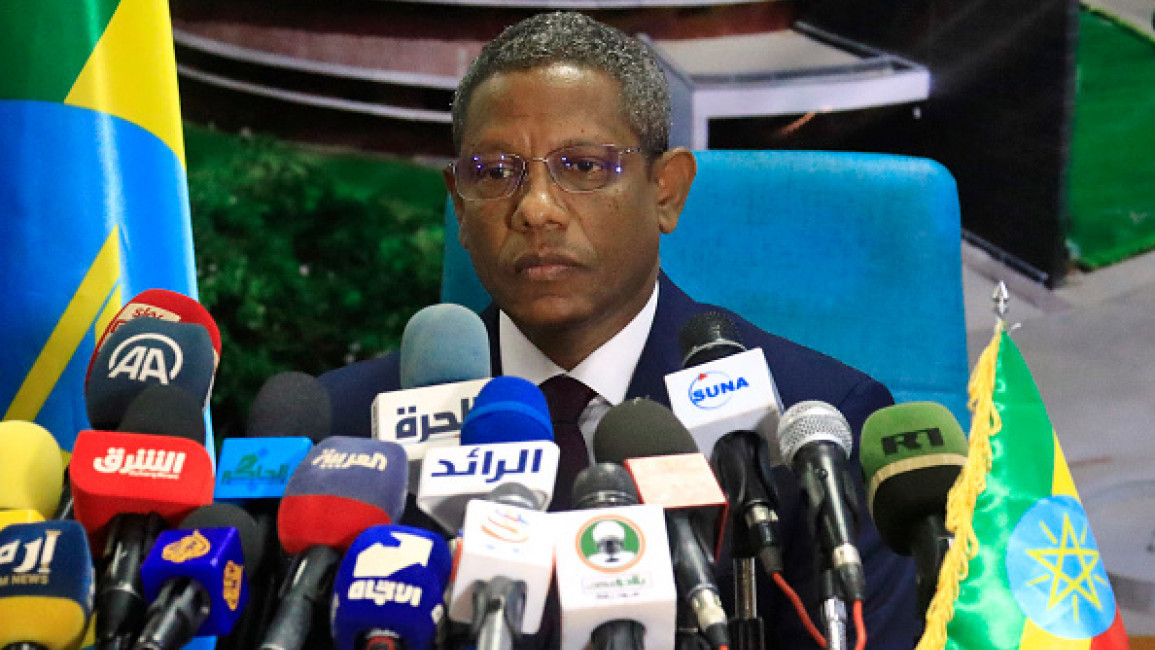The Cairo Criminal Court ordered Monday the acquittal of Gamal and Alaa Mubarak, after their appeal was accepted for the sentences in the “Presidential Palaces” case.
Their appeal argued that their sentences had expired due to the time they had already spent in detention, while awaiting the trial.
They were charged with receiving five villas as a bribe from businessman Hussein Salem.
On 9 May, the court ruled to sentence Mubarak and his sons to three years of rigorous imprisonment, on charges of seizing public funds through embezzling money specified for the presidential palaces.
They were also fined EGP 125m, which is the amount of money seized by the defendants through the forgery of the presidential budget in official statements.
The verdict is the latest in a series of acquittals of Mubarak-era figures on accusations that were central to the 2011 uprising.
Ousted president Hosni Mubarak, along with politicians such as former interior minister Habib Al-Adly, former prime minister Ahmed Shafiq and several others have been acquitted in retrials of their original cases.
Regarding the killing of protestors during the 25 January revolution, the Cairo Criminal Court had dismissed murder charges against Mubarak, and acquitted the former interior minister and his four aides in what was dubbed the “Trial of the Century”,
Mubarak was also acquitted of graft charges relating to the sale of natural gas.
Corruption cases included that of former minister of petroleum Sameh Fahmi, who was initially handed a 15-year prison sentence, but was later acquitted of charges of squandering public funds and exporting gas to Israel at lower-than-market prices.
Other corruption cases included the “licence plates” case, in which Mubarak-era prime minister Ahmed Nazif and Al-Adly were acquitted of all charges in February.
Accusations of corruption partly helped stoke the mass demonstrations that led to the ouster of former president Hosni Mubarak and his government.
Meanwhile, activists and protestors have been subjected to a harsh security crackdown that further intensified following the ouster of former president Mohamed Morsi in July 2013.
Activists including Alaa Abdel Fattah, and Ahmed Douma and others were handed prison sentences on protest-related charges amid heavy restrictions on public assembly due to the Protest Law.
Journalists have also been facing threats, as the press in Egypt has come under increased scrutiny since July 2013. The number of jailed journalists in Egypt’s prisons has reportedly reached 58, according to the latest update by the rights NGO, the Arabic Network for Human Rights Information (ANHRI).
Last month, President Abdel Fattah Al-Sisi issued pardons for 100 imprisoned youth, including journalists Mohamed Fahmy and Baher Mohamed, and activists Sanaa Seif and Yara Sallam.
However, only 48 pardoned detainees were released from prison on the two consecutive days, while the remaining 52 faced some procedural difficulties and bureaucratic mistakes, thus delaying their release.



